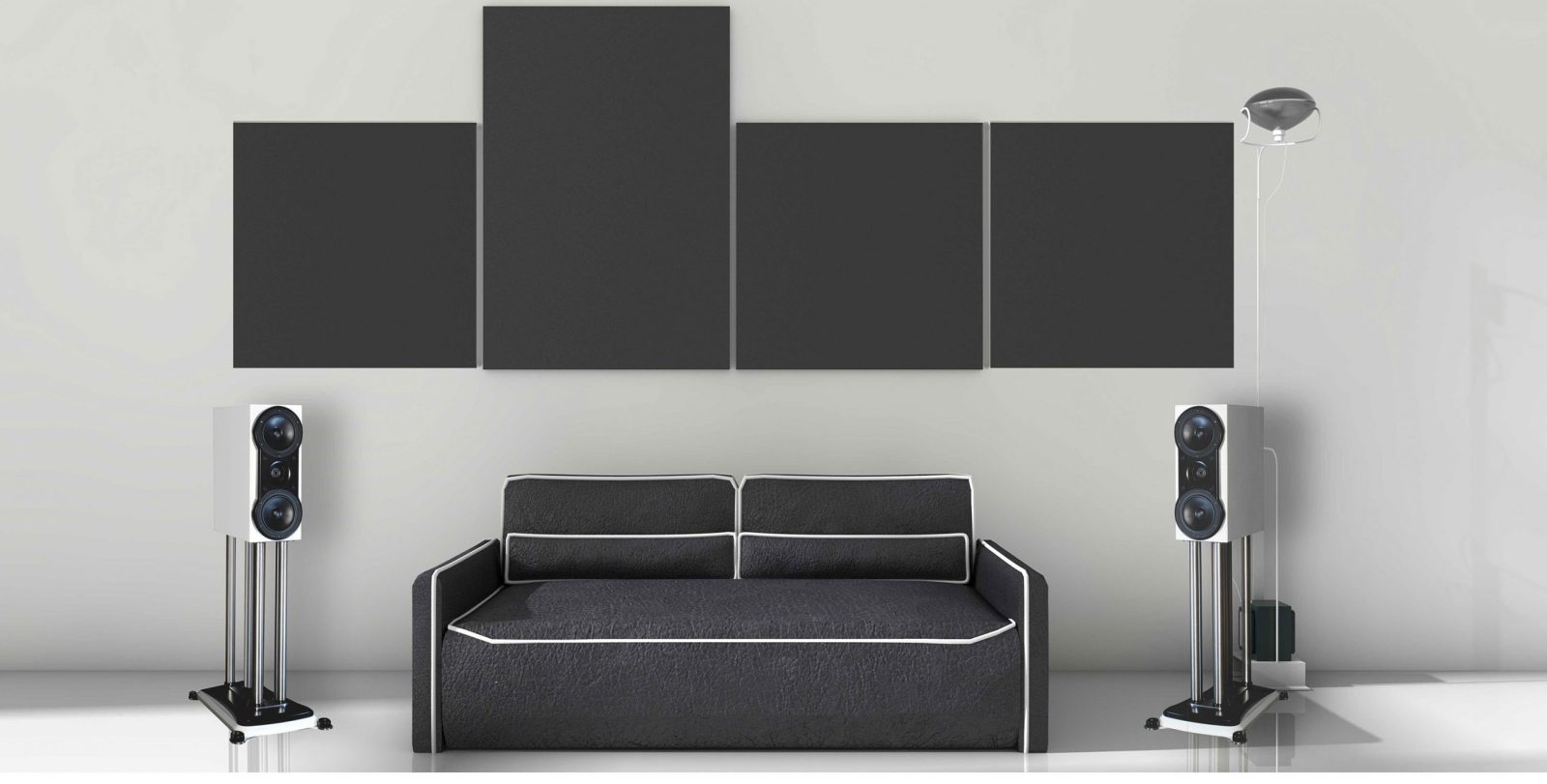Room acoustics play a crucial role in the sound quality of an audio system. Reflections from walls, floor, and ceiling can cause sound waves to interfere with each other, leading to distorted sound. Standing waves, which are caused by sound waves reflecting off opposite walls, can cause certain frequencies to be amplified or attenuated. Room resonances, which are caused by sound waves resonating within a room, can also affect sound quality.
To improve room acoustics, one can use absorption materials such as acoustic panels, diffusers, and bass traps to reduce reflections and standing waves. The placement of speakers and listening position can also be adjusted to minimize the effects of room resonances.
It is also important to consider the room size and shape when setting up an audio system, as larger rooms with harder surfaces will generally have more pronounced acoustical issues.
In summary, room acoustics can greatly impact the sound quality of an audio system. By understanding and addressing the effects of reflections, standing waves, and room resonances, one can improve the overall listening experience.
The Importance of Room Acoustics in Audio Reproduction
